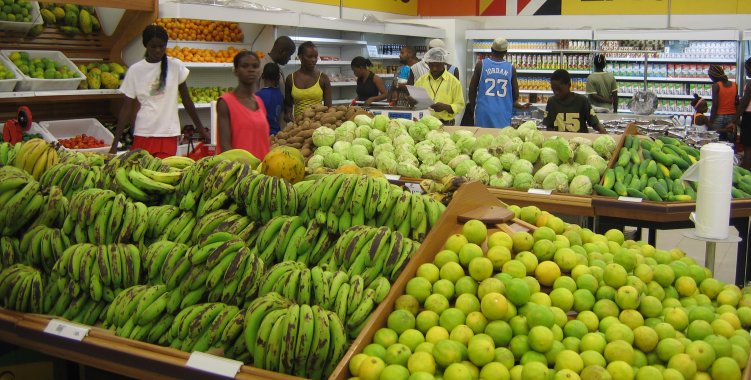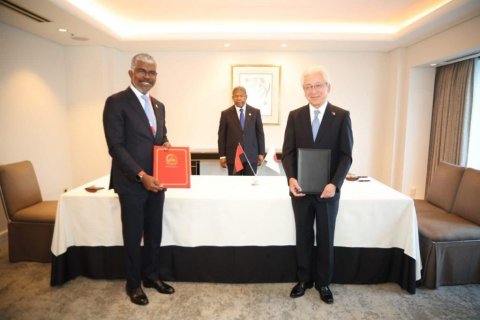"We are not apart from these implications due to the geopolitical tensions that are taking place. But we anticipated already, last year, with our Strategic Food Reserve to face the variations in the prices of the main 'commodities' that we import, we are referring mainly to cereals", said Mário Caetano João.
The Minister of Economy and Planning was speaking in Luanda, on the sidelines of the 1st joint meeting of ministers of Economy, Trade and Finance of the Community of Portuguese-Speaking Countries (CPLP), on behalf of the Government of Angola, which currently holds the rotating presidency of the Portuguese-speaking organization.
For the time being, monthly inflation in Angola is still on a downward trend: "We have already left 2.01 percent in December and are at 1.53 percent at the end of March, so we still haven't felt [the rise in prices]" , reinforced.
For Mário Caetano João, the increase in national production has also been decisive to contain prices.
"Angola, for many years, worked as a logistics platform in which products were imported and distributed, that is, national production was not a fundamental element in the formation of prices. Today the situation is different, we left a dependence on oil in that it represented 43 percent of GDP in 2011, and now contributes around 26 to 27 percent," he explained.
According to the minister, agriculture has been growing, over the last three years, by around 5 percent and the forecast for this year will be in the same order, with fisheries expected to grow by 10 percent, trade by 3.8 percent and transportation by about 2 percent.
"In fact, what is driving Angola is agribusiness and we believe that this will be the main driver of our diversification", he reinforced.
The official stressed that the rise in prices occurs "everywhere", including in countries that export to Angola, so that "unavoidably" the country will also import inflation.
"We will also be dependent on price changes in those markets through which we import," said Caetano João, stressing that Angola will continue to seek food security to mitigate the impact.
In the case of wheat, a cereal used in bread and one of the main sources of food for Angolan families, Russia and Ukraine are among the biggest exporters, but Angola uses different origins.
"We have wheat from Latin America and Western Europe and eastern markets. We have a 'mix' of origins of our 'commodities' and it is clear that the market, entrepreneurs are attentive, above all they want to find business at the best prices", highlighted the person in charge.
The Minister of Economy and Planning stressed that Angola is also increasing its wheat production, and has been using the Strategic Food Reserve as a short-term mechanism to deal with external shocks.
"But in the long term, we are going to strengthen market surveillance and monetary policy mechanisms (...) to safeguard the purchasing power of our population", he added.







